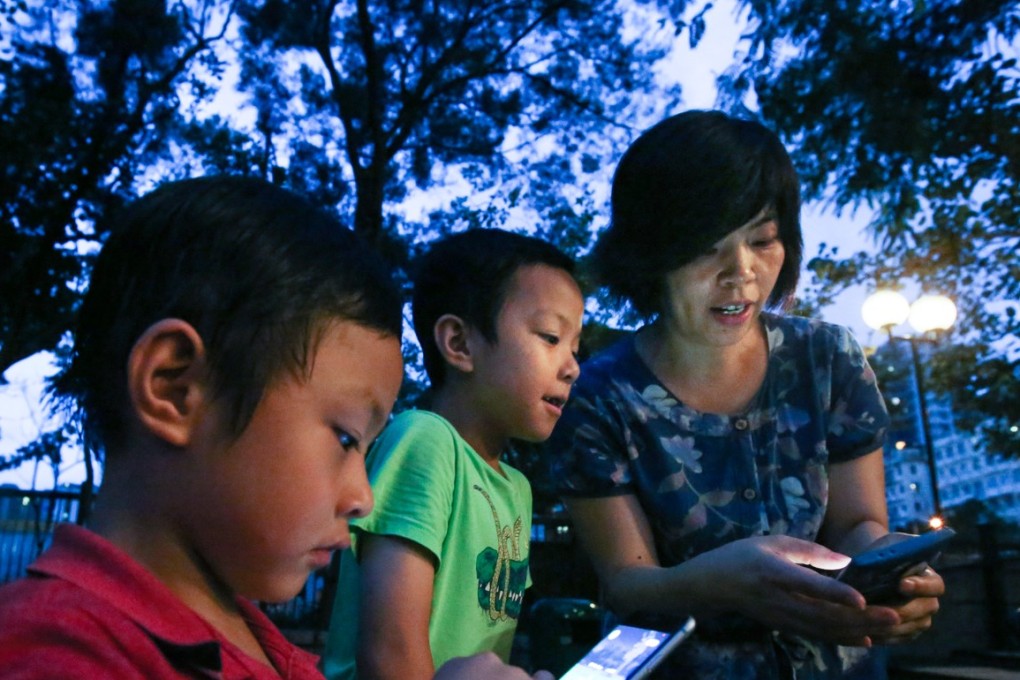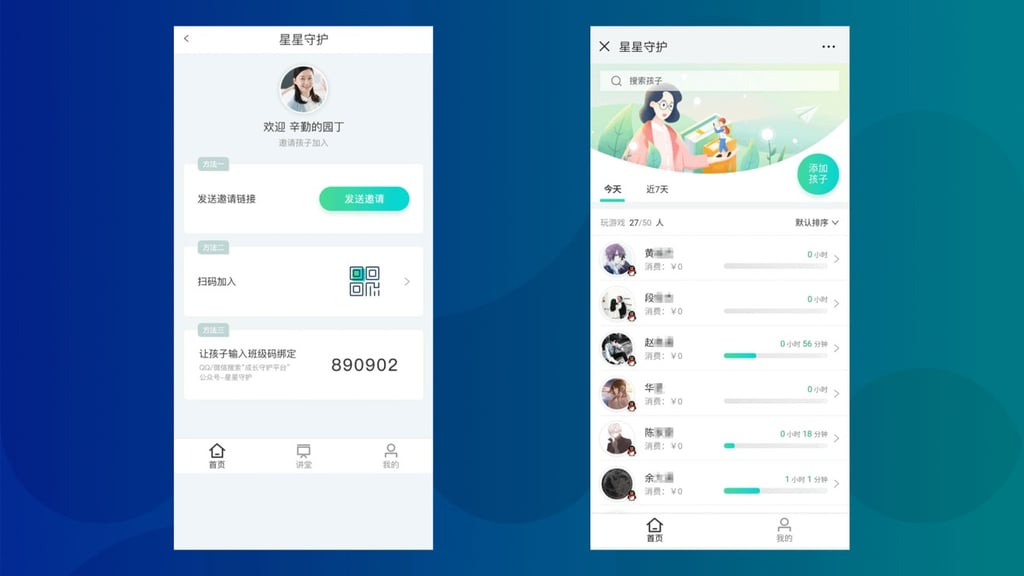China versus US: Who controls how long kids can play video games?
While China holds game publishers responsible, parents are left to their own discretion in the West

Most parents want to ensure their children aren't being harmed by playing video games. But while American parents have a great deal of freedom to decide how they want to monitor their kids' gaming behavior, in China those choices are often made by companies pressured by the government.

This adds to Tencent's existing mandatory restrictions on underage users. It limits game time for under-12s to just an hour a day, and players between 12 and 18 to two hours. There’s also a night-time curfew between 9pm and 8am.
Tencent, China’s social and entertainment giant
These binding controls stand in stark contrast to measures implemented in the West. Most console gaming platforms come with parental-control features, but it’s ultimately up to the parents to decide if they want to turn them on.
